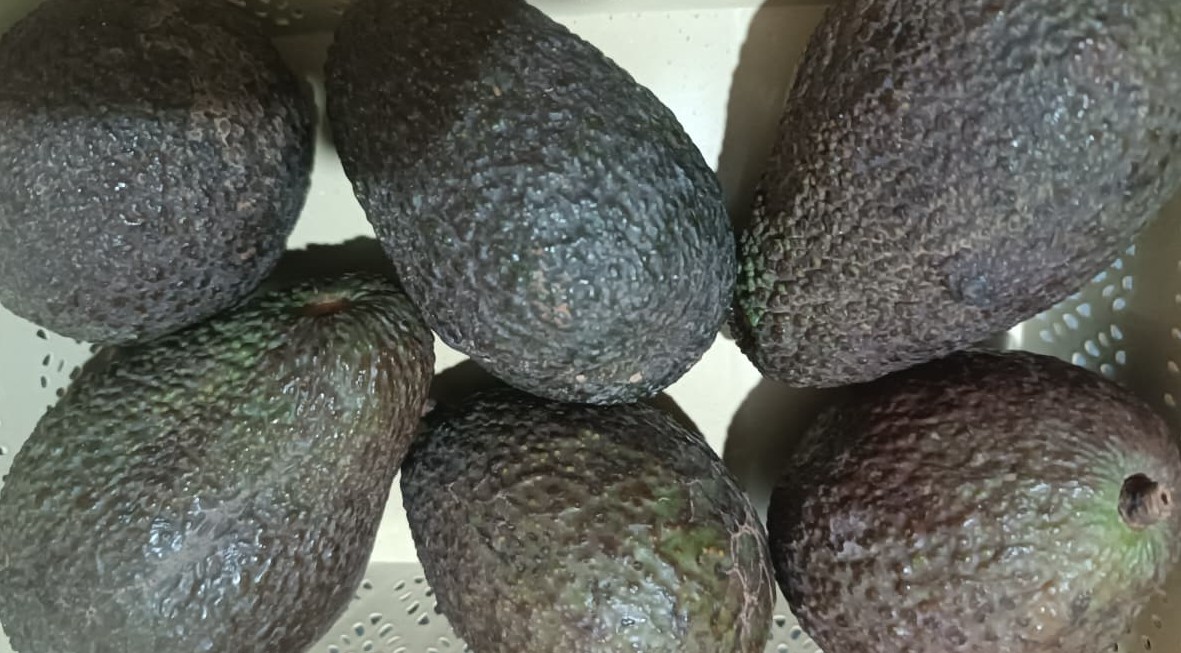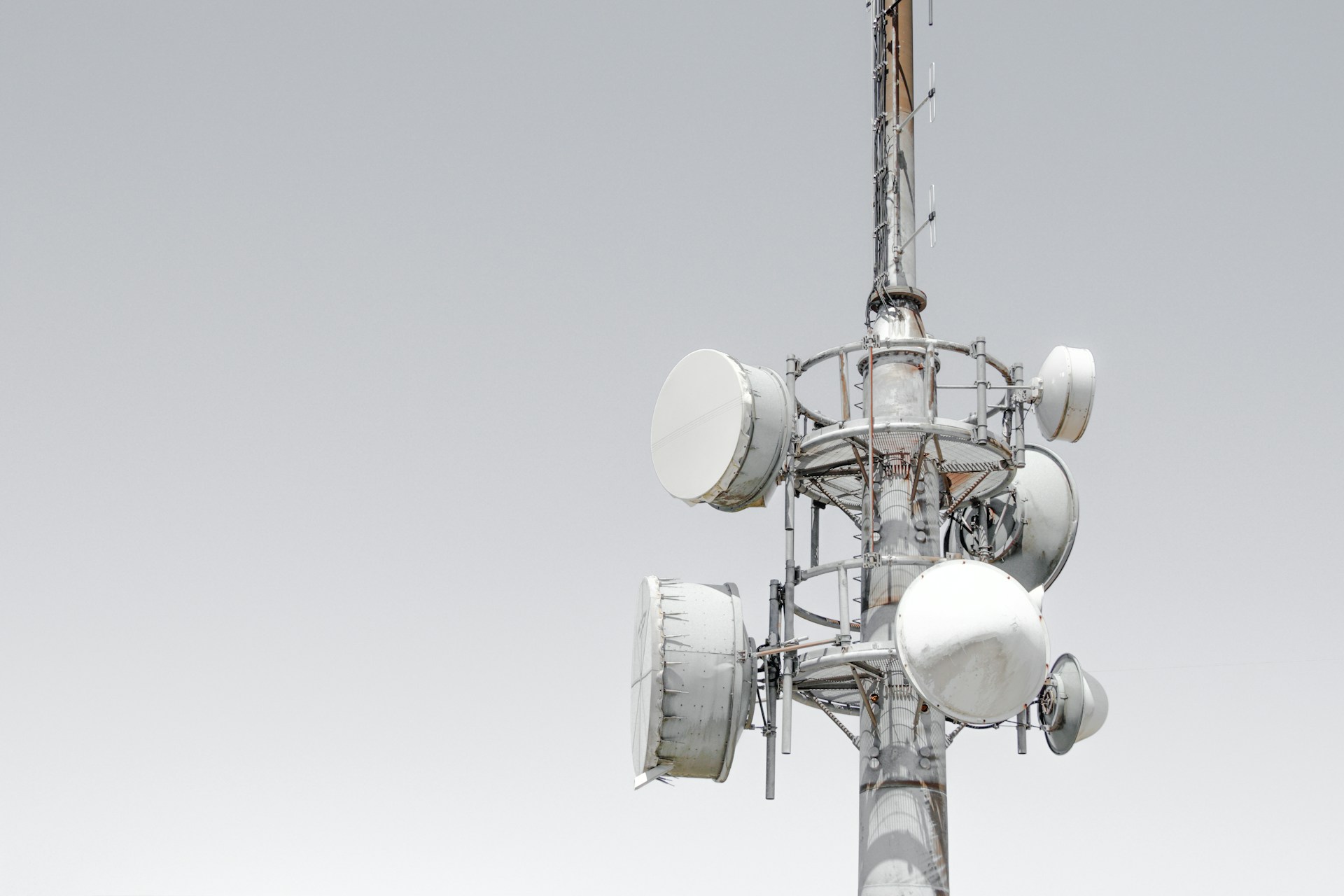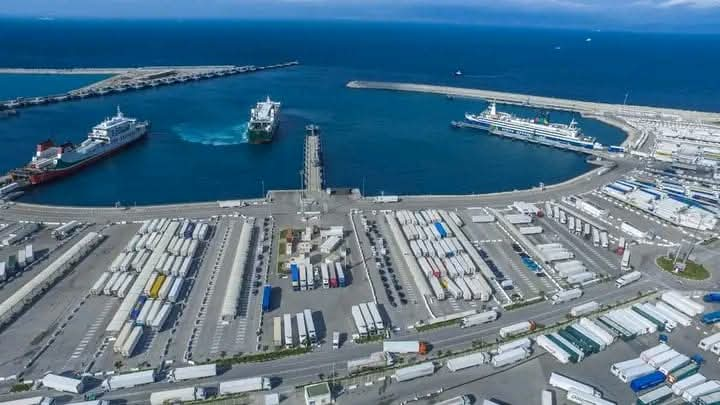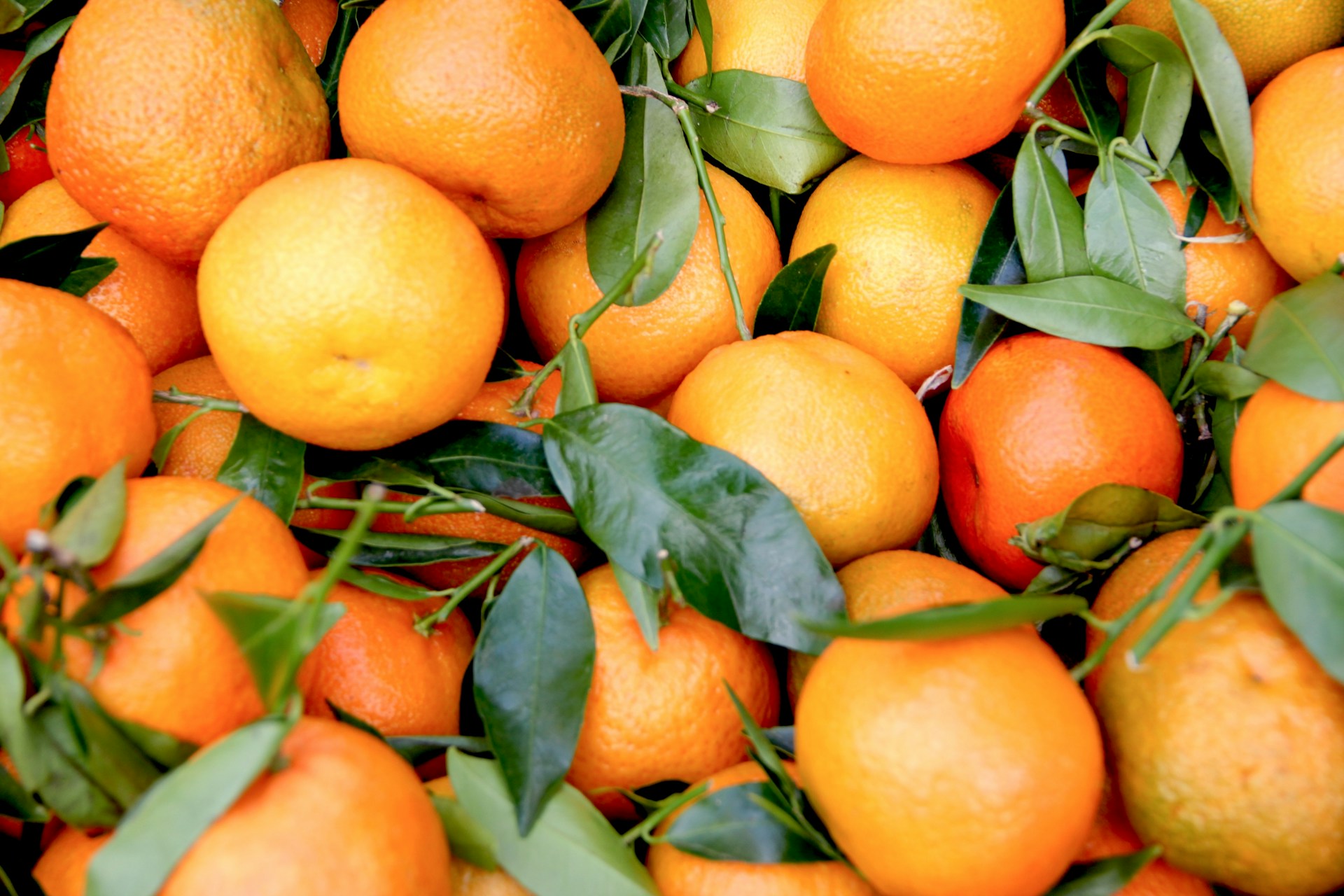Casablanca – In a significant boost to its agricultural exports, Morocco has ascended to the position of the second largest supplier of peppers to the European Union (EU) during the first quarter of 2024. This rise comes despite Morocco facing the sixth consecutive year of drought, which has led to a reduction in cultivated areas and an unprecedented water deficit. The country’s resilience and strategic market positioning have allowed it to overcome these challenging climatic conditions and achieve remarkable growth in its pepper exports.
According to data from the European Statistical Service (Euroestacom ICEX-Eurostat), Morocco’s pepper exports saw an increase of 48.47 percent since 2019. During the first three months of 2024, Morocco exported 63.99 million kilograms of peppers to the EU, accounting for 19.23 percent of the total pepper imports in the region. This marks a significant rise of 20.89 million kilograms compared to the same period in 2019. The total revenue from these exports amounted to approximately $92 million, with an average price of $1.44 per kilogram. The agricultural data analysis platform, Hortoinfo, described the quantities exported by Morocco as “large.”
While Morocco made significant gains, Spain remained the leading supplier of peppers to the EU, with exports exceeding 158 million kilograms in the first quarter of 2024. This represented nearly half (47.6 percent) of the total pepper imports in the EU, though it marked a decline of 136 million kilograms from 2019 levels. Turkey followed as the third largest supplier, with its pepper exports to the EU reaching 38 million kilograms, or 11.43 percent of the total, in the first three months of 2024. This represented an increase of 18.3 million kilograms from the first quarter of 2019, when Turkish exports stood at 19.74 million kilograms.
Germany’s pepper exports to the EU during the same period were recorded at 19.16 million kilograms, making up 5.76 percent of the total. However, this was a decline of 33.23 percent compared to the first quarter of 2019. The revenue from these sales was $47 million, with an average price of $2.44 per kilogram. Dutch pepper exports experienced a notable decline, with official European statistical data indicating a 49 percent drop by the end of March 2024. Despite generating total revenues of $43 million with an average price of $2.75 per kilogram, the volume of Dutch pepper exports decreased from 30 million kilograms to 15.3 million kilograms, effectively halving.
In addition to peppers, Morocco’s agricultural sector has shown growth in other areas. Fresh berry exports have seen a significant rise, with 66,000 tons exported during the first three months of 2024, nearly a 20 percent increase from the previous year. The EU and the United Kingdom were the primary destinations for Moroccan berries, accounting for 92 percent of the total exports from January to March 2024. Morocco has also expanded its berry exports to Middle Eastern countries, Norway, Switzerland, Canada, and initiated its first trial shipment of fresh blueberries to India.
Tomato exports from Morocco to the EU have also increased significantly. Between October 2023 and March 2024, the EU imported a total of 551,015 tons of tomatoes, with 373,421 tons coming from Morocco. Data from the European Commission shows that from the 2014/15 to 2022/23 crop years, EU tomato imports rose from 424,274 tons to 821,918 tons, while Moroccan tomato exports to the EU increased from 329,696 tons to 539,307 tons during the same period.
While Morocco’s agricultural export growth is remarkable, it comes with significant environmental concerns. The continued rise in the export of various fruits and vegetables, amidst severe drought conditions, has led to debates about the sustainability of such practices. Observers have noted that the high volume of agricultural exports effectively amounts to “exporting water,” which further depletes Morocco’s water resources and increases economic dependency on agricultural exports.
Despite these challenges, Morocco’s agricultural sector has shown remarkable resilience and adaptability, positioning the country as a key player in the global agricultural market. The significant rise in pepper exports highlights Morocco’s enhanced production capabilities and strategic market positioning, securing its growing role in the EU agricultural market.















